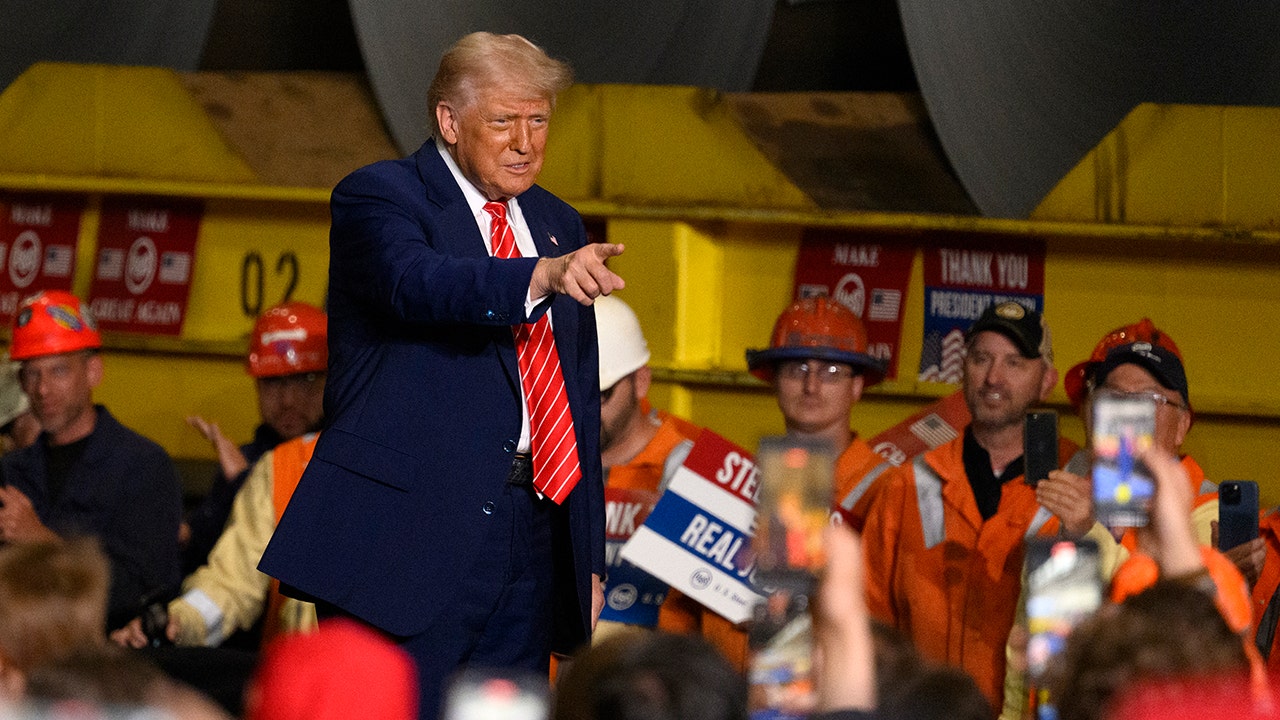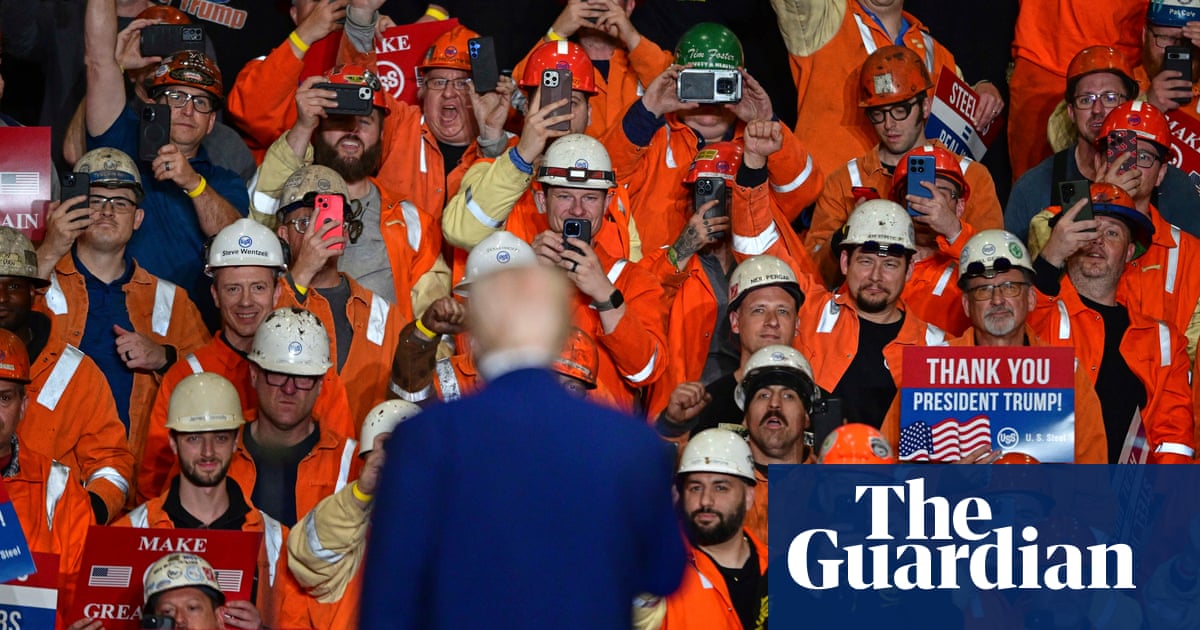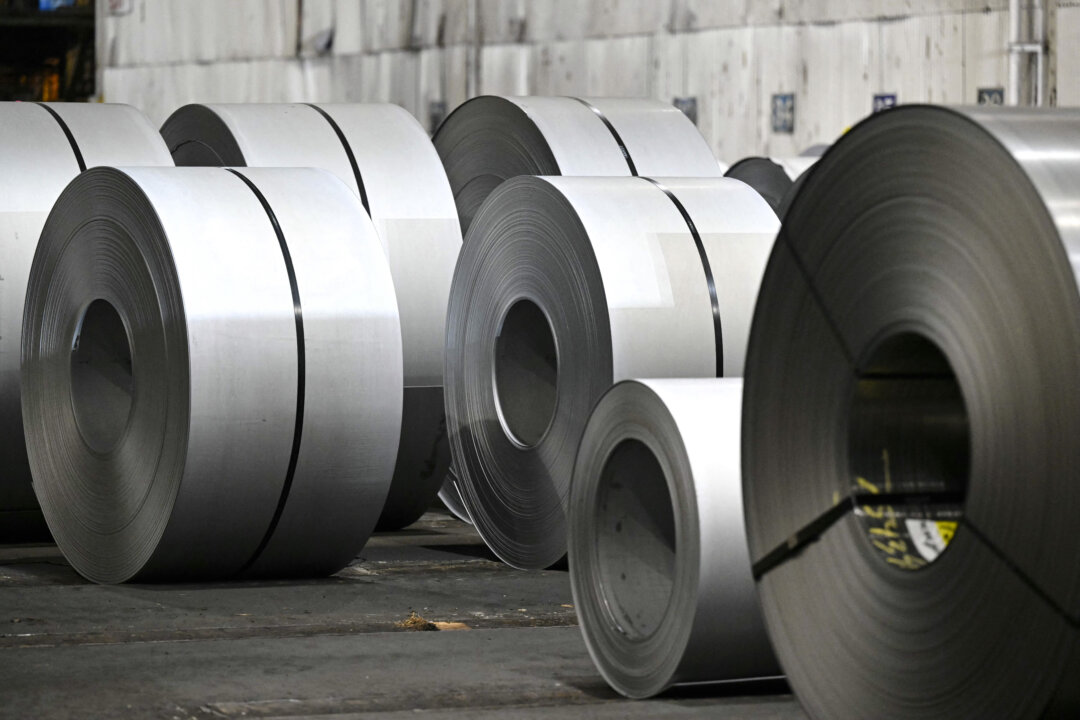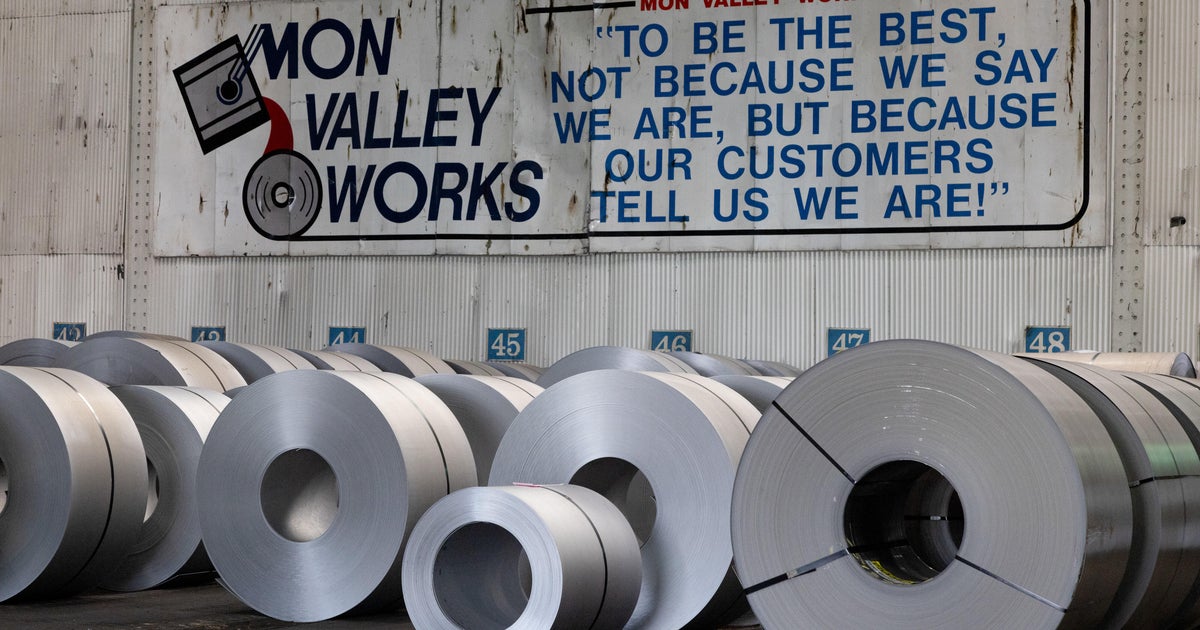Trump Approves Nippon Steel's $11 Billion Investment in U.S. Steel
President Trump has signed an executive order enabling Nippon Steel to invest in U.S. Steel, promising $11 billion in investments and job creation by 2028.
Subscribe to unlock this story
We really don't like cutting you off, but you've reached your monthly limit. At just $5/month, subscriptions are how we keep this project going. Start your free 7-day trial today!
Get StartedHave an account? Sign in
Overview
- President Trump signed an executive order allowing Nippon Steel to invest in U.S. Steel, aimed at enhancing national security and economic growth.
- The investment is set to reach approximately $11 billion by 2028, creating an estimated 100,000 jobs in the U.S.
- This approval comes after former President Biden blocked the investment due to security concerns, which Trump has now addressed with guarantees.
- Nippon Steel's bid, initially valued at $14.9 billion, has been approved under specific conditions to ensure compliance with national security agreements.
- U.S. Steel's stock rose by 5% following the announcement, highlighting investor confidence in the partnership and its potential benefits.
Report issue

Read both sides in 5 minutes each day
Analysis
Emphasizes Trump's approval of Nippon Steel's investment in U.S. Steel under a national security agreement.
Articles (11)
Center (7)
FAQ
The exact terms and details of the national security agreements required for Nippon Steel's investment in U.S. Steel have not been publicly specified yet. The executive order mandates that both parties must sign such an agreement, but its contents remain unclear.
President Biden previously blocked the Nippon Steel investment due to national security concerns. President Trump's executive order reverses this stance by allowing the investment to proceed, provided both parties sign a national security agreement to address those concerns.
The $11 billion investment is expected to create approximately 100,000 jobs by 2028, highlighting its potential impact on U.S. economic growth and employment in the steel industry.
U.S. Steel's stock rose by 5% following the announcement, reflecting increased investor confidence in the partnership and its projected benefits.
It is currently unclear whether the federal government will retain special rights or oversight, such as a 'golden share,' as part of the deal. The executive order and ongoing negotiations have not provided details about this aspect.
History
- 5M

 8 articles
8 articles









